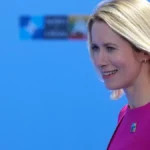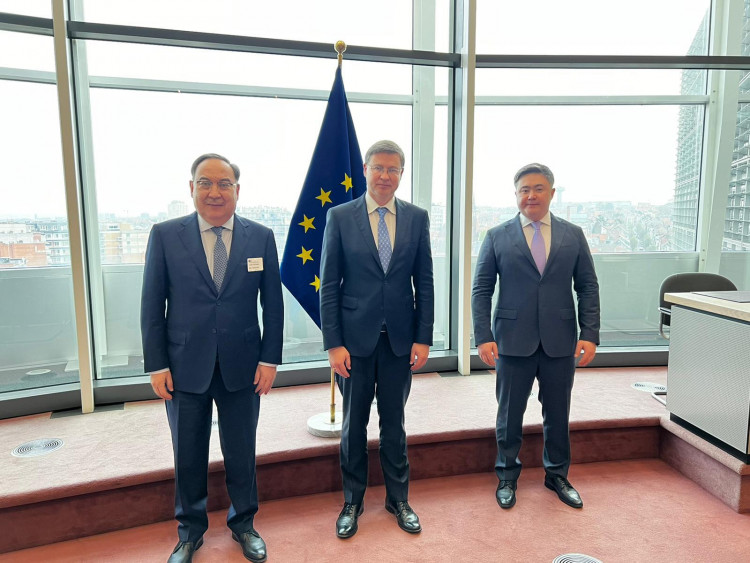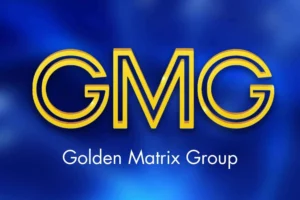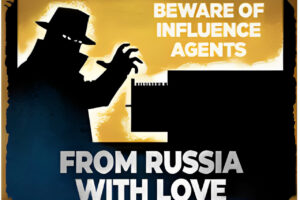Kazakhstan and the European Union reconfirmed the importance of maintaining the positive dynamics of the political dialogue to enhance cooperation amid ongoing global turbulence during Kazakh Deputy Foreign Minister Roman Vassilenko’s meetings in Brussels with top EU officials on March 6-7 in Brussels. The meetings addressed some key issues of bilateral cooperation and the international agenda, reported the foreign ministry’s press service.
During the meetings with Camilo Villarino, Head of the Cabinet of the EU High Representative for Foreign Affairs and Security Policy, Luc Pierre Devigne, Deputy Managing Director of the European External Action Service, and Magdalena Grono, Senior Foreign Policy Advisor to the European Council President, the sides discussed the agreements following the visit of European Council President Charles Michel to Astana and the talks held by Kazakh President Kassym-Jomart Tokayev with European Commission President Ursula von der Leyen last autumn. EU High Representative for Foreign Affairs and Security Policy and Vice President of the European Commission Josep Borrell also visited Astana last November.
Reflecting on the 30th anniversary of Kazakhstan-EU diplomatic relations, Vassilenko stated that the political dialogue is progressing at the highest level, indicating that economic, trade, and investment cooperation and constructive engagement on human rights issues are factors determining the partnership’s valuable nature.
The parties discussed steps towards an effective and full implementation of the Enhanced Partnership and Cooperation Agreement (EPCA) between Kazakhstan and the EU, which covers 29 areas of interaction.
The European side noted a dynamic bilateral and multilateral agenda and expressed interest in strengthening cooperation with Kazakhstan and implementing the EPCA provisions. According to Villarino, efficient collaboration between the EU and Kazakhstan has recently increased in relevance.
The participants also exchanged views on relevant issues on the international agenda, including the conflict in Ukraine and the need to limit the possible negative consequences of the sanctions against Russia on the Kazakh economy.
The sides also discussed the preparations for the 20th meeting of the Kazakhstan – EU Cooperation Council, the Kazakhstan – EU Cooperation Committees in political and trade configurations, as well as the second Central Asia – European Union Economic Forum to take place in Almaty in May 2023.















